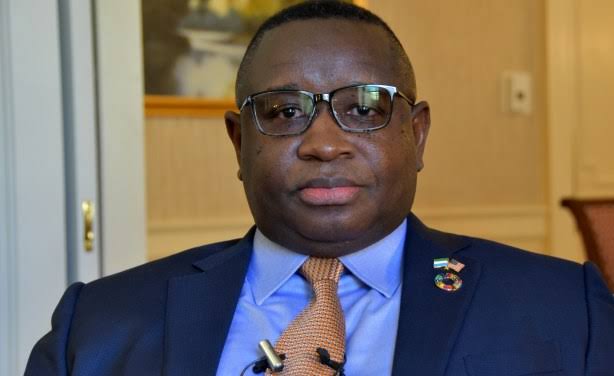By John Ikani
Lawmakers in Sierra Leone voted unanimously on Friday to abolish the death penalty also known as capital punishment in the West African country.
According to the new legislation, capital punishment will now be replaced with life imprisonment or a minimum 30-year jail term.
Although, no execution has taken place in the country since 1998, and death sentences have often been commuted, the nation has frequently come under fire from rights groups for keeping capital punishment on the books
President Julius Maada Bio must still sign off on the abolition voted by parliament.
A diamond-rich former British colony, the nation of 7.5 million people remains one of the poorest in the world.
Sierra Leone’s economy was ravaged by a 1991-2002 civil war that claimed 120,000 lives, followed by an Ebola epidemic from 2014 to 2016
What you should know
The vote in Sierra Leone is seemingly a part of efforts made by African nations to discard brutal laws imposed by past colonial masters.
In April, Malawi ruled the death penalty unconstitutional. In May of 2020, Chad did the same.
Nearly half of Africa’s 54 independent countries have abolished the punishment, more than double the number from less than two decades ago.
While death sentences and executions have declined globally in recent years, they do not necessarily reflect the growing number of countries that have banned capital punishment.
At least some of the declines are attributable to the Covid-19 pandemic, which slowed or delayed judicial proceedings in many countries. And in some, like the United States, federal executions were ramped up in 2020.




































